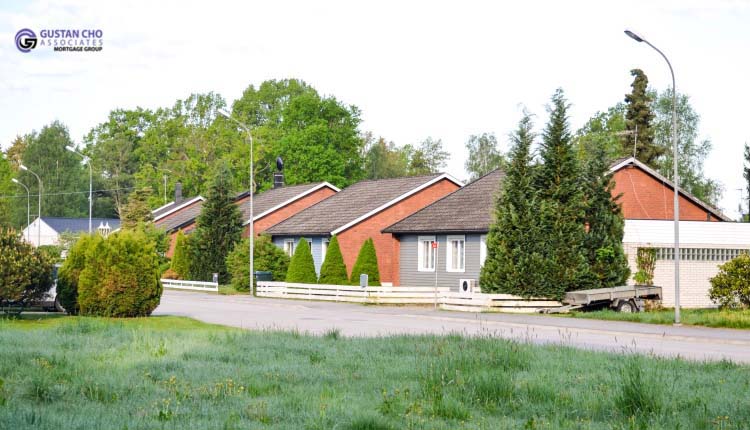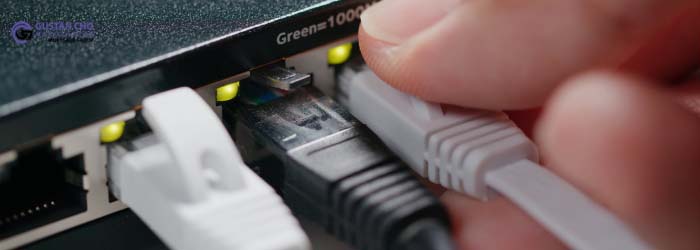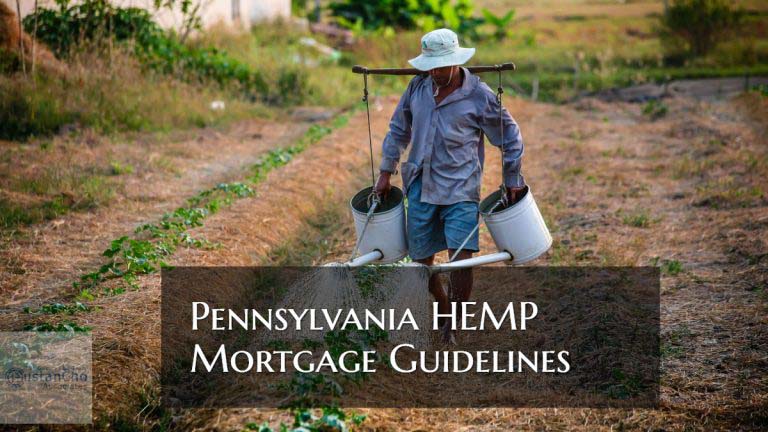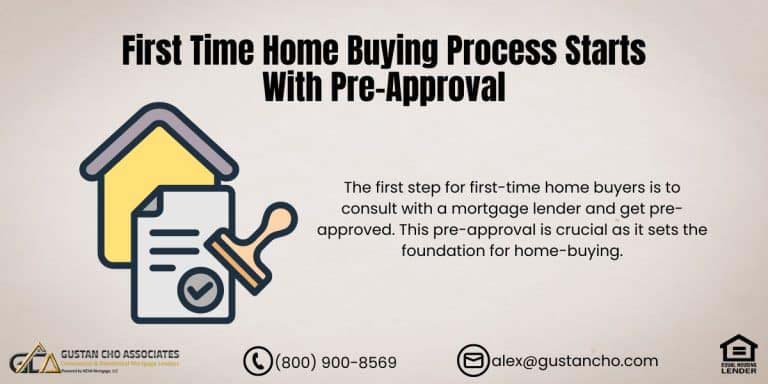Things To Do After Home Closing: Save Mortgage Docs
There are tons of paperwork you have exchanged during the mortgage process with your lender. You will also receive closing documents at closing. Make sure to save and store all mortgage documents such as closing paperwork and documents. Also, if you provided certain important paperwork to your lenders such as bankruptcy, foreclosure, divorce, child support, or other important documents, save and store those.
Home inspection reports and the home appraisal should be saved as well. You will be needing the same paperwork if you plan on refinancing and/or applying for another mortgage. Even though all docs may be stored in your email folder, it is always safe to have a hard copy in the event your computer crashes. There are many security lock boxes available to keep important documents in safekeeping. Make sure to keep the lockbox in a safe area in your home.
Things To Do After Home Closing: Changing Locks And Making Sure The Home Is Secured
One of the first things to do after home closing is to change all the locks. If the home is equipped with a central alarm system, update the security codes. The homeowner’s family should be the only individuals with access to security codes.
Change the security code and reset all garage door openers. Update any door handles on doors that have access to the outdoors, including garage doors into the home. If the home is not equipped with a security system, installing a security system is a good idea.
Transfer Utilities And Other Institutions
Make sure to contact all utilities and change them to your name. Some utility companies may want to see closing docs. Electric, gas, cable, internet, water, and scavenger services should all be called as soon as you close on your home. Some utility companies may need to come out to your home while others can switch it from their central office. Notify your local postal office and complete a change of address so all incoming mails can be forwarded to your new address.
Contact all financial institutions and do a change of address on your bank accounts, credit cards, investment accounts, and other active accounts. Register your children to their new schools. Make sure your employer is aware of your new address. Forward your old address to the new address. Notify your creditors of the change of address so you do not miss a monthly payment. Verify the change of address and look back as days progress so it is confirmed. It is easy to let one slip through the cracks during an important and memorable time of excitement in moving to your new home.
Cleaning And Repairs
If you are planning in painting the interior of your new home and/or remodeling, it is best to do it prior to moving in. Once you have painted and/or remodeled your home, get it professionally cleaned prior to moving. A professional reputable cleaning company can fully clean dust, allergens, germs, and dirty particles from walls and carpeting. Appliances should be fully cleaned as well.
You can get a reputable cleaning service from your real estate agent, neighbors, or family members. Still do your due diligence and check them out online and research their online reviews.
Get To Know Your Neighbors
Getting to know your neighbors is one of the best part of moving to a new neighborhood. Many neighborhoods have block parties and get-togethers. You can get to know the types of activities in your neighborhood and/or town through seasoned neighbors. It is a great opportunity to meet lifelong friends. Neighbors are great sources for referrals for trades such as landscaping, painting, repairs, and other vendors.
Homeowner Versus Renter
Many homeowners cannot believe they just purchased a new home. It is something to be very proud of. Homeowners need to realize they are a property owner and do not have a landlord to rely on for repairs and maintenance. If the toilet and/or plumbing does not work, it is the responsibility of the homeowner. The homeowner can do the work himself and/or hire a contractor. Repairs can be expensive. For example, an emergency call to an HVAC contractor for a broken furnace can run hundreds of dollars. Homeowners should start saving a portion of their checks for reserves. It is not if things will go wrong but when it will go wrong. Large ticket repairs like roofing and windows need to be done eventually. A little portion of your wages for reserves will eventually become a lot of money. Start planning on setting up a repair reserve fund for your house as soon as you are able to. Homeowners should always be alert and pay attention to security, safety, and maintenance as homeowners.









